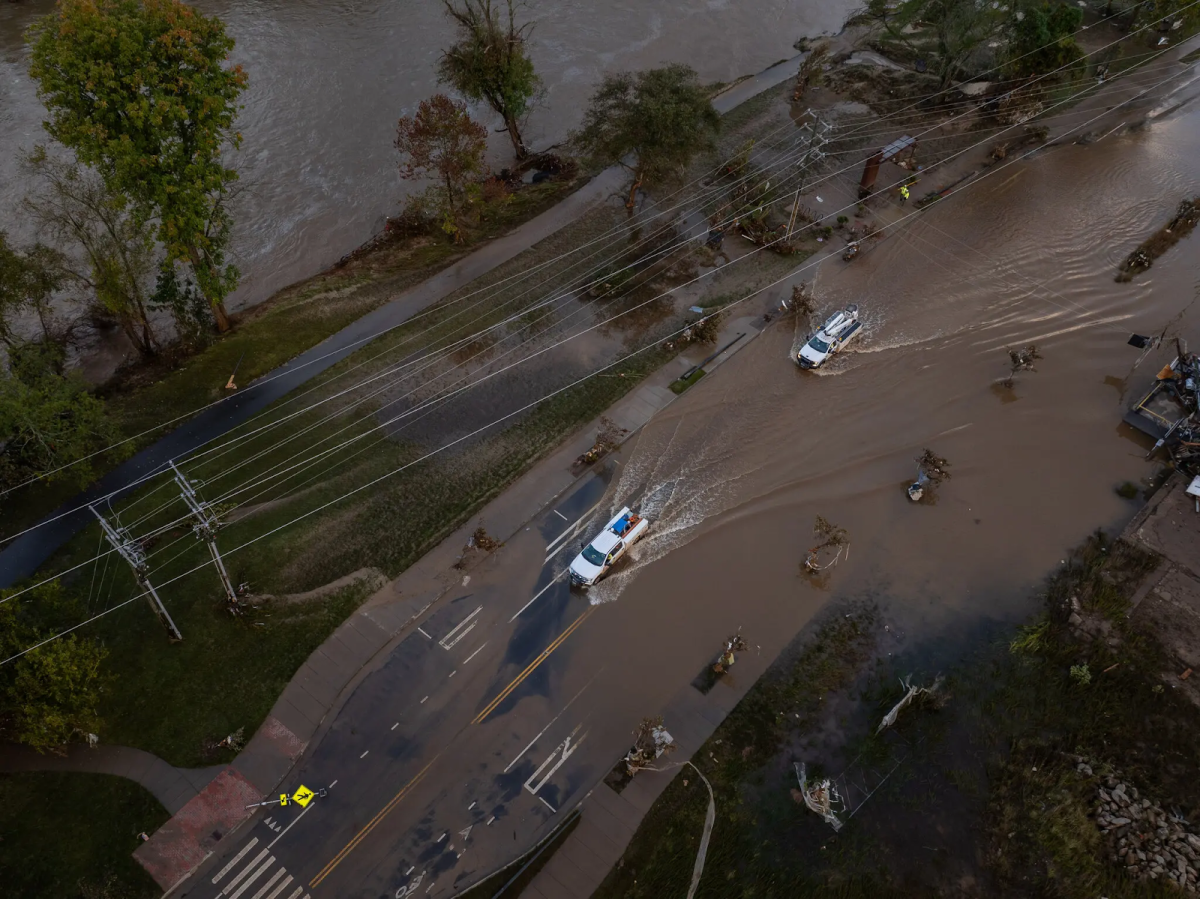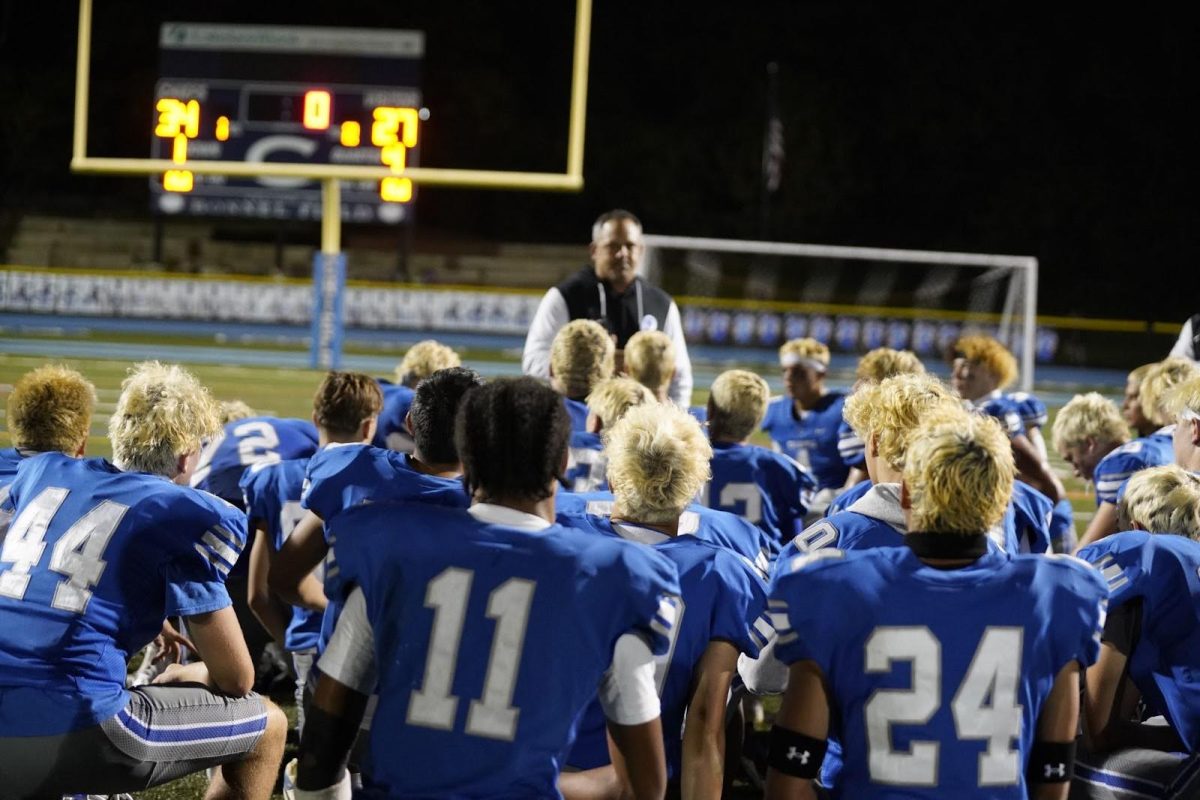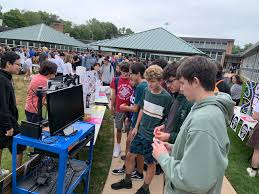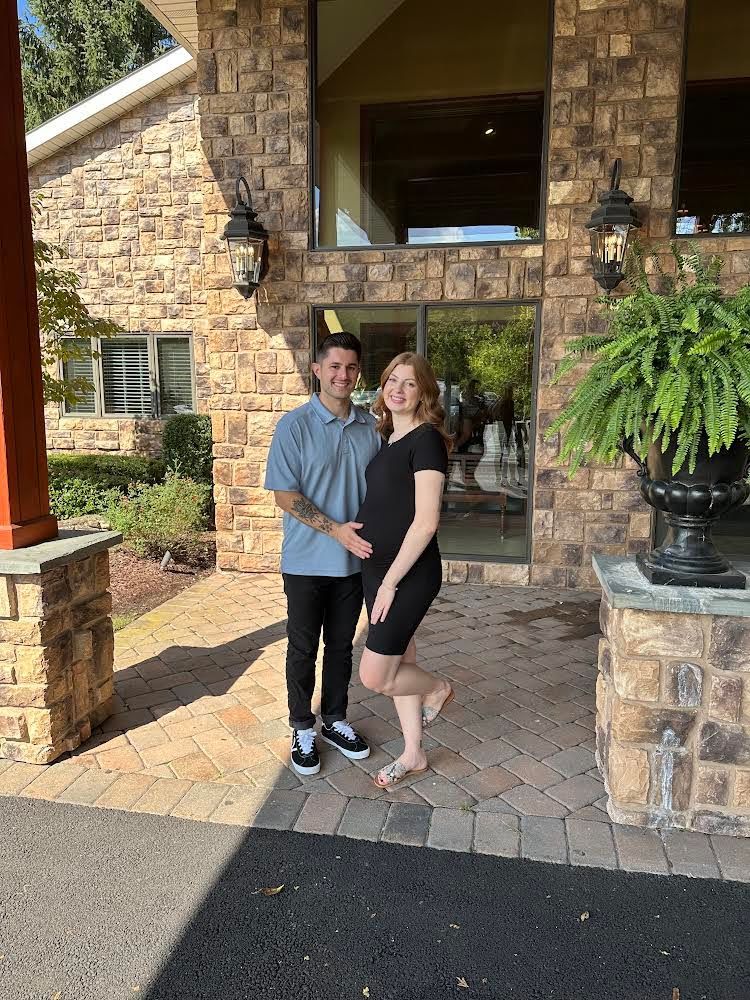On the morning of December 8th, 2018, a deadly fire tore through Paradise, California. Known now as the Camp Fire, the blaze went down in history as the most deadly, destructive, and devastating fire to occur in California. With a total of 85 civilian deaths, 12 civilians injured, and 5 firefighters injured, the fire was the most costly in lives and in
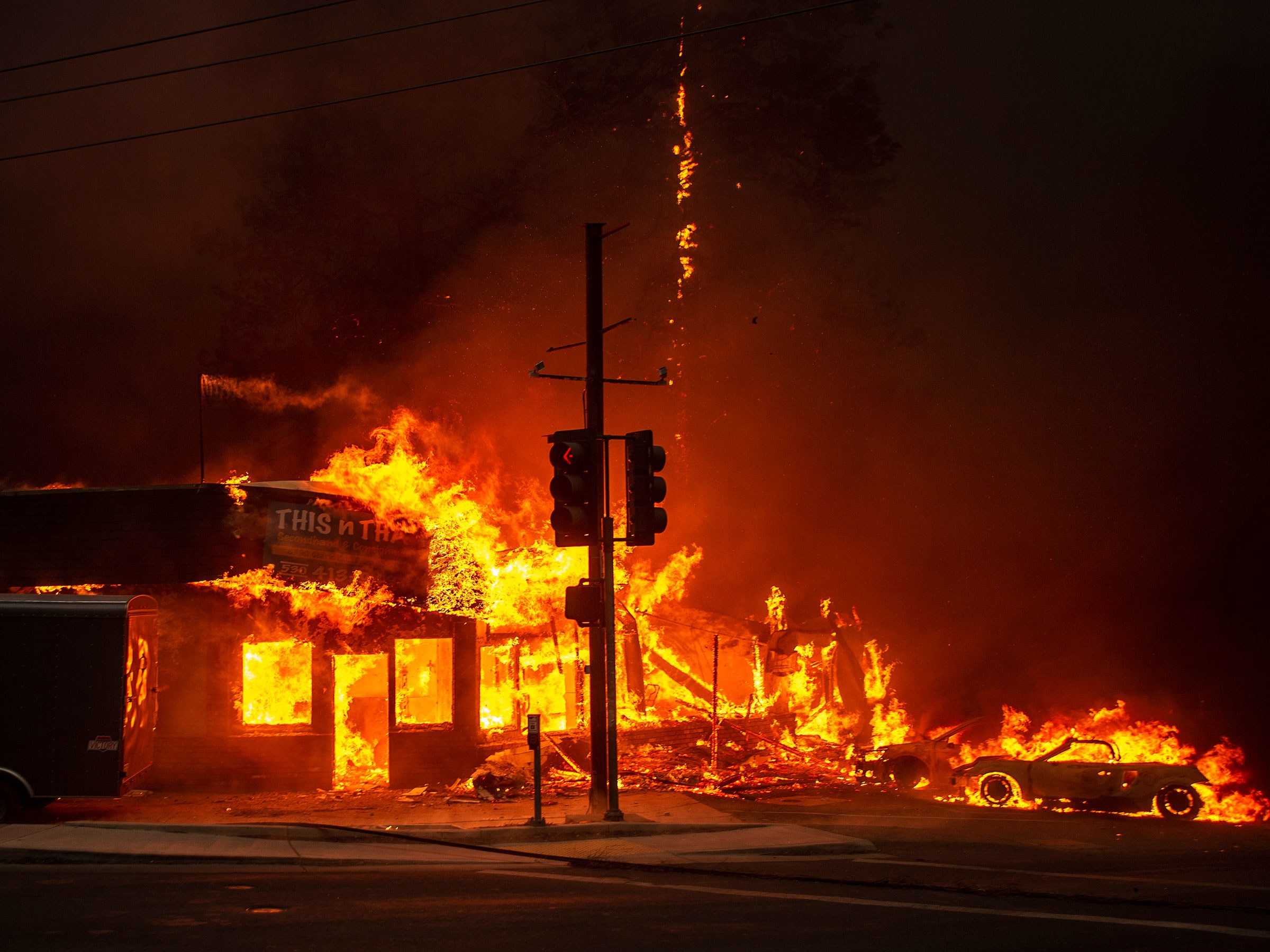
expenses. Even though it was not the first fire to affect the area, survivors will forever be reminded of the tragedy and everything and everyone that was lost during it.
Starting on Camp Creek Road in Butte County, California, the fire burned approximately 153,336 acres of land and around 13,900 homes, destroying everything in its path. The fire was ultimately caused by a PG&E (Pacific Gas & Electric Company) electrical transmission fire, although this had not been the first fire they were responsible for starting. From the Butte Fire in 2015 and the Tubbs Fire in 2017, the victims of the company’s mistakes are still suffering from the consequences of these events.
Recent investigations have finally found the cause of 2018’s deadly fire: a broken transmission tower C-hook. At the transmission tower Northeast of Paradise, California, the C-hook was meant to keep high voltage wires away from the structure. When the hook broke, it enabled a jumper cable to brush against the tower, shower the dry ground with sparks, and initiating the fire. The California Public Utilities Commission reported that the tower as a whole was due for a “climbing inspection” since 2001. Had PG&E followed their own safety protocols, the fire may have never started.
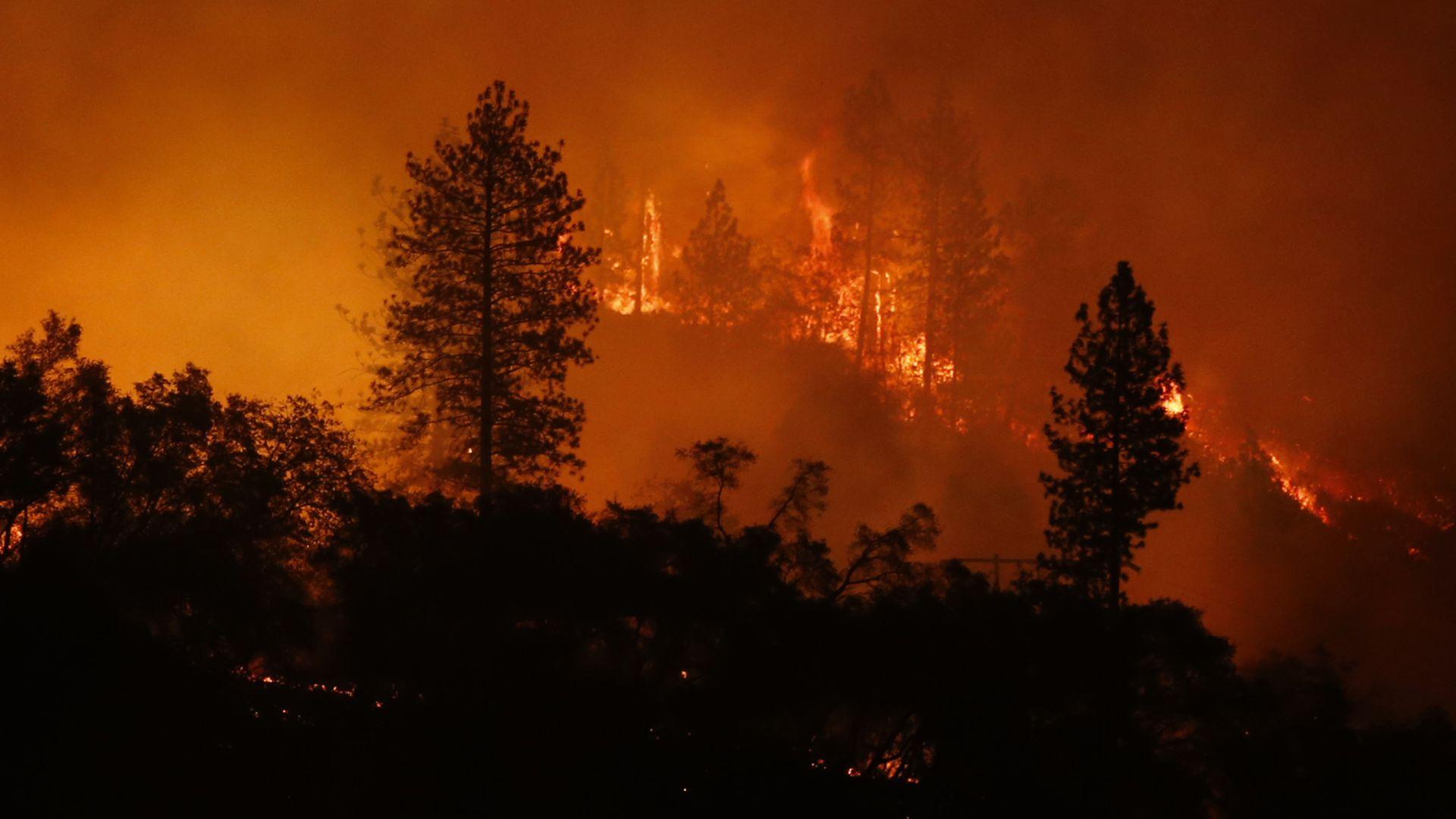
Although it has been a long journey, the settlement made between plaintiff attorneys and PG&E was announced on Friday December 6. The company agreed to pay $13.5 billion to victims as a way of offering relief. This might seem like enough money, but residents are not satisfied. Many recount the pictures, houses, and even loved ones that they lost, none of which can be replaced by money. Also, in an attempt to avoid bankruptcy, the company is distributing half of the relief in the form of company stocks. This angered victims further, as shown by Suzanne Pasky-Fouts when she stated, “The very people who screwed us over think we want a part in their company,” (Los Angeles Times). Pasky-Fouts, lost her ranch in Calistoga during the Tubbs fire, and is enraged with the company who started it all. For many others, they will never be able to regain what they lost, and the fires have forever changed their lives.


